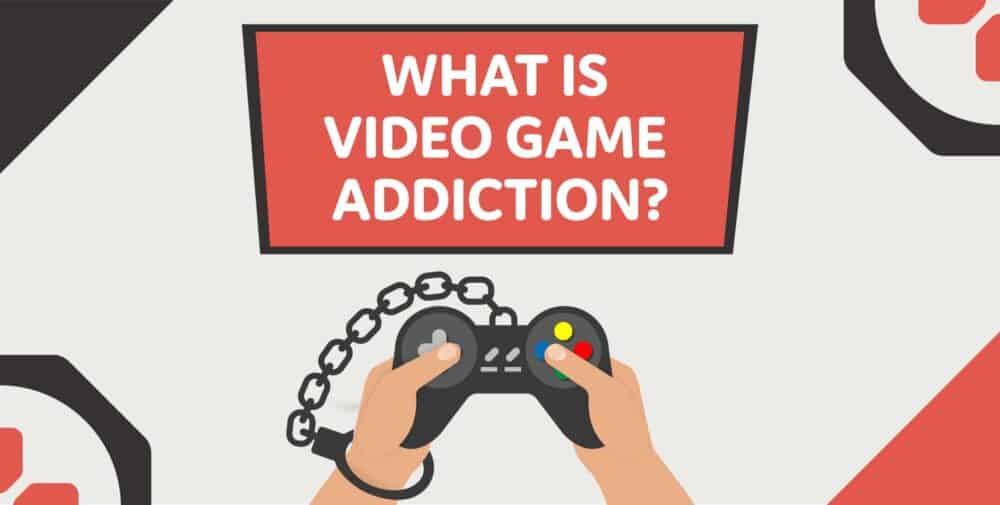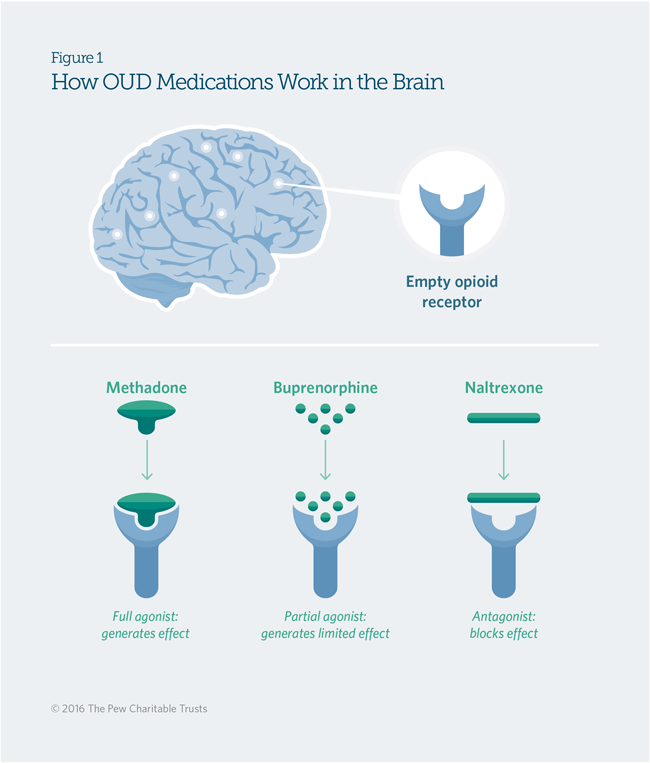More About Which Substitute Drug Is Used In Heroin Addiction Treatment Programs?
Patients likewise establish new coping methods for dealing with external stressors and discover both to accept lapses into compound abuse as part of the healing procedure and to disrupt them before negative consequences ensue. Controlled research studies have discovered relapse avoidance to be as reliable as other psychosocial treatments, specifically for clients with comorbid sociopathy or psychiatric symptoms (American Psychiatric Association, 1995). Cognitive-behavioral techniques, the enhancement of self-efficacy, self-control training, Mental Health Facility and hint exposure and termination have all been utilized as parts of relapse prevention.
While AA and associated groups are commonly used, the success of this method has not been carefully evaluated. Nevertheless, these fellowships obviously assist persons at Drug Rehab Facility any point in the recovery process to alter old behavior patterns, respond responsibly to drug yearnings, keep hope and determination to become and stay abstinent. Even though there is no particular treatment for SUD, with the help of heart to heart conversations and evidence-based treatment plans under expert supervision there is a high possibility of conquering this dependency and declaring your life back. Don't lose hope due to the fact that help for you is right here! Headquartered in New Jersey, Peak Treatment Centers is a recognized leader in comprehensive alcohol and drug dependency treatment serving more than 28,000 clients daily in California, Indiana, Kentucky, New Jersey, Ohio, Pennsylvania, and Virginia.
One of the numerous strengths of the Acadia Healthcare network is that our treatment facilities include a variety of healing strategies into numerous levels of care (how to choose an addiction treatment center). As an outcome, individuals who enlist at an Acadia center can anticipate to get the type and level of care that is best suited to their particular strengths and needs.
Inpatient treatment: Inpatient treatment for addiction is an intensive, short-term experience that is designed to help people achieve the level of stabilization that will enable them to step down to a lower level of care or return home (why women do not seek treatment for addiction). Residential treatment: Residential look after people who are fighting with compound usage disorders includes day-and-night supervision, a range of tailored therapeutic interventions, and considerable psychoeducational assistance.
Person and family therapy may be provided. Participants return home or to an alternative house when the PHP is not in session. Intensive outpatient program (IOP): IOPs offer substantial versatility. Participants often have the alternative of going to treatment 2 to 4 days a week for 2 to three hours per session.
Medication-assisted treatment (MAT): MAT consists of making use of specific prescription medications to alleviate cravings and other withdrawal symptoms, in addition to therapy to assist grownups attain long-lasting recovery from opioid use condition. Conventional outpatient services: Numerous centers within the Acadia Health care network deal traditional outpatient services, including specific, group, and family therapy, that may be scheduled according to the requirements of the person.
Getting My What Is The First Step? Quizlet To Work
No two Acadia treatment centers equal, but all of our centers are unified by our commitment to supplying personalized treatment that is based upon a thorough assessment to figure out the strengths, needs, and treatment goals of each individual who selects to recover with us. Through the Acadia network, people coping with dependency can expect to work with experienced professionals who are devoted to providing evidence-based, research-supported services that are designed to fulfill each individual's particular needs.
Addiction is a brain illness because drugs alter how the brain works. People who are addicted can't stop utilizing drugs even when they actually wish to. Their concerns change and getting drugs can end up being more vital than their liked ones, responsibilities, and life goals. Drug addiction can be treated, however recovery can take timesometimes a very long time.

Even after a duration of time without using drugs, an addicted person may have a regression, suggesting they begin to utilize once again. Regression needs more or various treatment in order for him or her to stop using drugs again. A person's threat for drug dependency is affected by several factors: some genes make people more vulnerable to ending up being addicted; unfavorable impacts can consist of peer pressure; physical or sexual abuse; tension; bad relationships with moms and dads or friends; and availability of drugs; psychological health problem could place some people at a greater risk for addiction; the more youthful an individual is when substance abuse begins, the higher the opportunity for addiction.

1 Of those 23 million people, however, only 4 million actually got treatment, making recovery a lot more difficult. The majority of people who prosper in treatment devote to a long-lasting process of healing: getting more treatment when required; living a healthy way of life; and counting on household, friends, and others in healing for assistance.
When addicted, an individual is at high risk of using drugs when "triggered." Like clients with other chronic diseases (such as asthma and diabetes), patients with dependency must discover to carefully manage their condition to prevent regressions. Triggers can be circumstances (consisting of tension), people, smells, and even tunes that advise someone of using drugs.
Triggers differ for each individual and are typically subconsciousmeaning that the individual isn't mindful of what is happening. Treatment assists individuals discover how to manage their triggers without using drugs. Healing from drug dependency indicates conquering challenges: Finding and paying for the best treatmentfor as long as it is required.
How How Sextual Addiction Treatment Fails When Working With Gay And Bisectual People can Save You Time, Stress, and Money.
A strong assistance system of family, good friends, and/or others in recovery can assist. Avoiding triggers by remaining away from drug users or parties with drugs, or other situations that might https://www.liveinternet.ru/users/tothieuh9l/post475477601/ cause drug cravings. Dependency is a long-term condition and preventing regression is an ongoing challenge, even after numerous years in healing.
A successful treatment strategy for drug addiction puts various types of support together in such a way that works for everyone's particular situation. When relapse happens, it's time to step back and adjust the plan, which can be constructed from several kinds of support, including: Treatment for the dependency Healing support groups Safe, healthy, and enjoyable activities Assistance of family and/or pals Working to total life goals (e.g., education) Protection from abuse or trauma Meditation and self-monitoring Treatment for mental disorder or stress The images2 above show that when addicted to drugs, the brain can be impacted for a long period of time, although healing is possible.
A lot of yellow methods great deals of brain activity. The next 2 images show the brain of somebody addicted to cocaine, however who has not used in 10 days and once again in 100 days. The quantity of brain activity (yellow) increases in time. 1NSDUH, 2012 (what different kinds of treatment exist for addiction). Population figures consist of individuals ages 12 or older.
